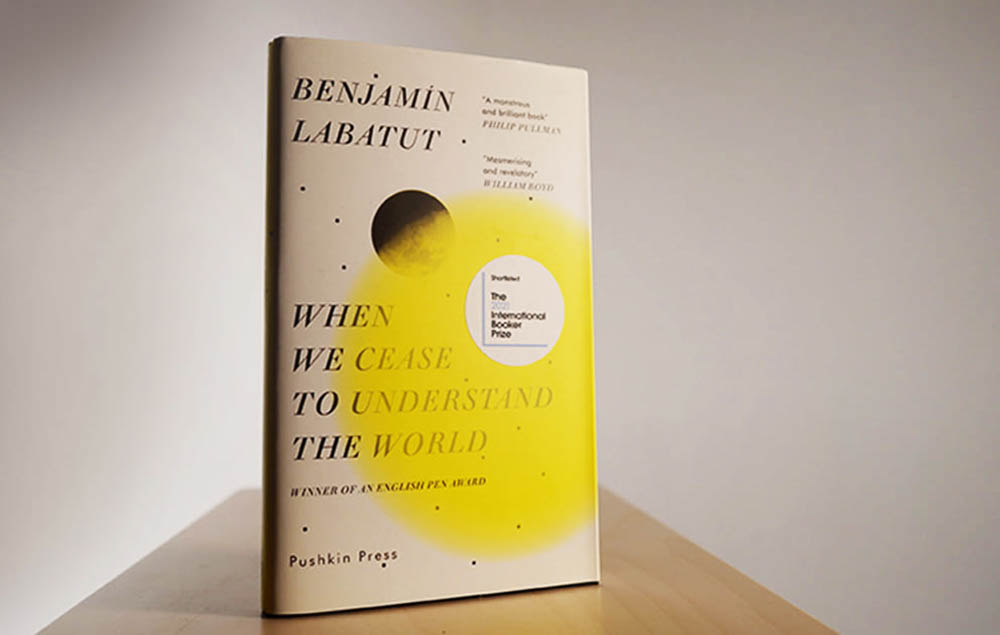From Mary Shelley to Philip K. Dick, through Jules Verne's classics, there is a multitude of themes and styles.
And if it is true that some works have contributed to the popular imagination in which the scientist is portrayed as an eccentric being responsible for catastrophic experiences, it is also a fact that other books portray science as a positive engine of humanity.
Some novels anticipated the technological revolution of our century and, not least, the works that stand the test of time are those that use the more or less futuristic development as a frame for the central themes, of which the road to power, the walls that divide us into castes and the play of shadows and lights of those who control information.
A novelist's imagination, therefore, has no limit, which may shock even the most purists. They will question: if we don't know what happened, or what will happen, why invent it?
But here lies the leap forward for our species.
Our ability to cross time and space allows us to get off the ground and aim for more than everyday life. Without a burst of creativity, how would we discover fire, the wheel or quantum physics?
One of the most recent examples of what I have described above is the book “When We Cease to Understand the World” by Benjamin Labatut.
Elected as one of the best fiction books of 2021 by “The New York Times”, it is indeed a fascinating work.
In a small volume, Labatut crosses fiction, history and science describing the life and innermost thoughts of some of the most famous mathematicians and physicists, such as Werner Heisenberg and Erwin Schrödinger.
There is, I recognize, a hint of suffering and loneliness in some discoveries that will leave deep scars on peoples. I emphasize, for example, and in the very first chapter, the link (I will not reveal more) between the Prussian blue and the chemical weapons of the First World War.
But this work, nominated for the prestigious International Booker Prize from last year is not a pessimistic book. It is a hymn to discovery, in five brief chapters.
And even though fiction may not obey the rules of journalism or history, there is a didactic role to be valued. The reader turns each page, lulled by the intimate portrait and the fascination of the moment. Eureka. Along the way, he learns math and physics concepts that can spur the most curious to learn more.
Thus, Benjamín Labatut manages to rescue these brilliant minds from the sacred pedestal or the esoteric space in which they placed them.
Making them real, with their weaknesses and passions, are flesh and blood models that will inspire future generations of scientists.
Author Luís Monteiro is a doctor





















Comments